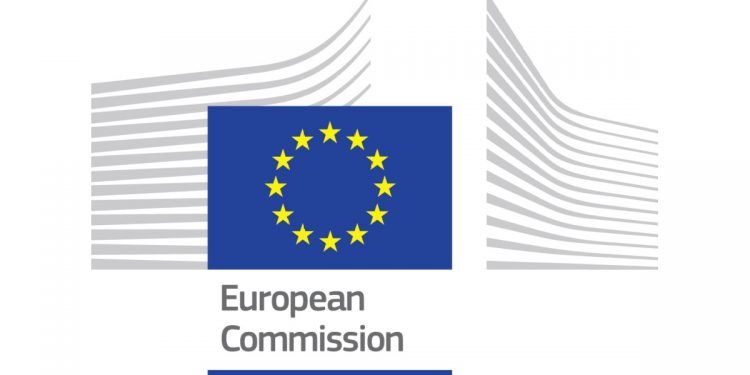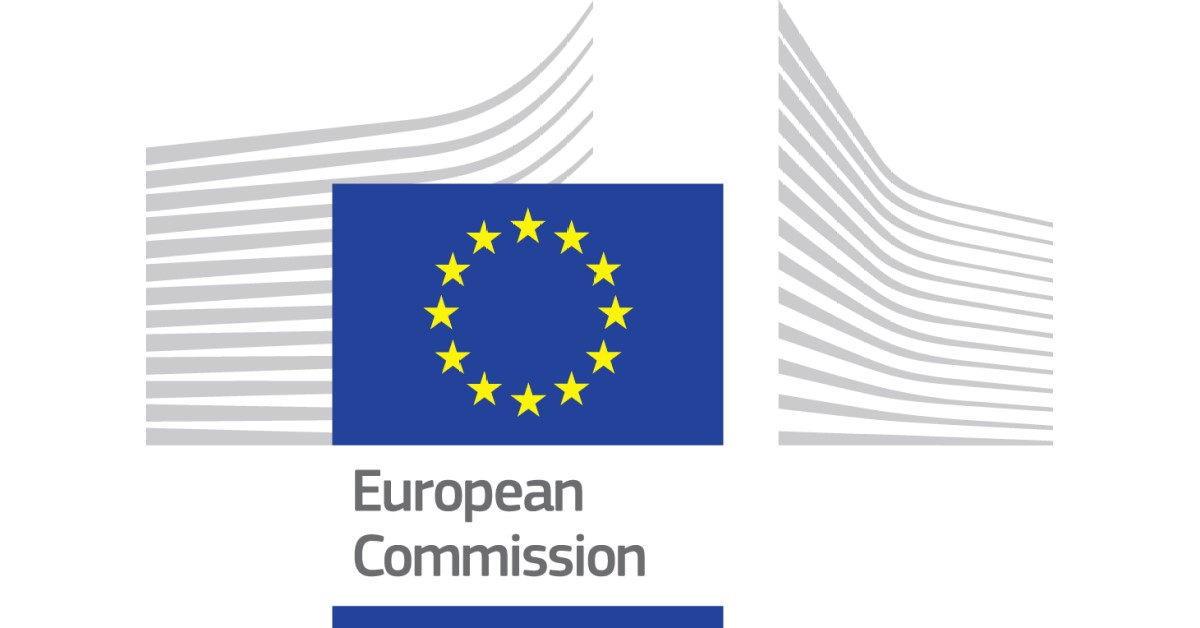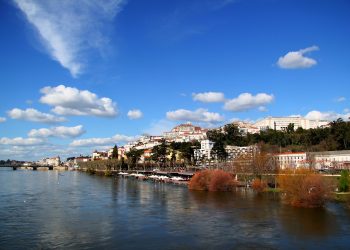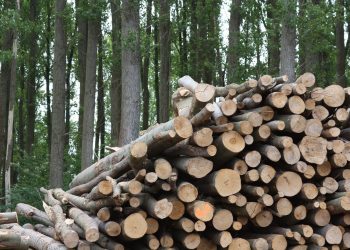Today, the Commission is tabling a proposal for a Council Decision to adapt the protection status of the wolf under the international Bern Convention on the Conservation of European Wildlife and Natural Habitats, to which the EU and its Member States are parties. The wolf’s protection status under the Convention was established based on the available scientific data at the time of negotiation of the Convention in 1979. On the basis of an in-depth analysis on the status of the wolf in the EU also published today, the Commission proposes to make the wolf ‘protected’ as opposed to ‘strictly protected’. It follows the Commission’s announcement in September 2023 that on the basis of the data collected, it would decide on a proposal to modify, where appropriate, the status of protection of the wolf and to update the legal framework, to introduce, where necessary, further flexibility.
Changing the wolf’s protection status under the Bern Convention, subject to the agreement of the EU Member States and other Bern Convention parties, is a precondition for any similar change to its status at the EU level. The proposal corresponds largely to the position that the European Parliament expressed in its resolution of 24 November 2022.
The Commission continues to urge national and local authorities to take the necessary actions in the current framework, with EU support, while giving them a clear perspective of further management flexibilities if existing possibilities prove insufficient.
President Ursula von der Leyen said: “The comeback of wolves is good news for biodiversity in Europe. But the concentration of wolf packs in some European regions has become a real danger especially for livestock. To manage critical wolf concentrations more actively, local authorities have been asking for more flexibility. The European level should facilitate this and the process the Commission started today is an important step. I am deeply convinced that we can and will find targeted solutions to protect both, biodiversity and our rural livelihoods.”
Commissioner for Environment, Oceans and Fisheries Virginijus Sinkevičius said: “The proposal to change the protection status of wolves under the Bern Convention recognised the need to address the challenges posed by increasing wolf populations, while keeping the aim of conservation of biodiversity and the objective to reach and maintain a favourable conservation status of the species. The Commission will continue to support national and local authorities with funding and guidance to promote the coexistence with the wolf and large carnivores in general. Investment into prevention measures remains essential to reduce livestock predation.”
Commissioner for Agriculture Janusz Wojciechowski said: “From speaking with farmers and rural communities, I understand how the return of wolves has presented significant challenges in a number of areas, especially for pastoralism, in an already difficult socio-economic context. Today’s proposal reflects these challenges, based on an in-depth analysis of all available scientific and technical data. I also take this opportunity to encourage Member States to make full use of EU funding to support investments in prevention measures, which are essential to reduce threats to livestock.”
Supporting national and local authorities
The return of wolves to EU regions where they had been long absent and their growing populations in new territories has led to challenges and conflicts, such as attacks on livestock and conflicts with farmers and hunters, especially where damage prevention measures are not widely implemented. As detailed in a joint letter sent by Commissioners Sinkevičius and Wojciechowski to EU Ministers, the Commission is supporting national and local authorities in preventing or significantly reducing predation risks. Different measures have proved effective when properly implemented and tailored to the local context.
The in-depth analysis published today shows that the populations of wolves have significantly increased in the last two decades and they are occupying ever larger territories. There are more than 20,000 wolves with generally increasing populations and expanding ranges, and breeding packs in 23 EU Member States. This is a conservation success, made possible by protective legislation, more favourable public attitudes and habitat improvements. This expansion has however led to increasing conflicts with human activities, notably concerning livestock damages, with strong pressure on specific areas and regions.
This changing reality on the ground now justifies an adaptation of the legal protection status, to allow further management flexibility to all Bern Convention parties, while keeping the overall legal objective to achieve and maintain a favourable conservation status for the species. EU funding is available to support adequate investments in appropriate damage prevention measures, which will remain essential to reduce livestock predation.
Next steps
It is now for the Member States to decide on this proposal. Once adopted, the proposal will be submitted by the EU to the Standing Committee of the Bern Convention.
Depending on the outcome of these decisions in the Council and in the Standing Committee of the Bern Convention, the Commission would then be able to propose to adapt the wolf’s protection status within the EU.
Meanwhile, the Commission continues to urge local and national authorities to take action, where necessary, as allowed by the derogation possibilities in the current legislation, and to use available EU funding opportunities to invest in prevention and compensation measures. The Commission published detailed guidance in 2021 with examples of good practice. The Commission will continue its close cooperation with Member States to monitor the progress towards the achievement of the favourable conservation status of the wolf and its coexistence with socio-economic activities. It will also continue supporting investments for the coexistence with large carnivores and the work of the related European and regional stakeholders initiatives.
Background
The Bern Convention is a Council of Europe intergovernmental treaty concluded in 1979 to conserve European wild flora and fauna and their natural habitats, especially those whose conservation requires the co-operation of several states. As of April 2024, it will cover 50 Contracting Parties, including all EU Member States. The EU’s Habitats Directive implements the requirements of the Bern Convention and provides for strict protection for most wolf populations in Europe, with derogation possibilities.
For more information
Commission’s proposal to the Standing Committee of the Bern Convention
Artigo publicado originalmente em Comissão Europeia.




















































